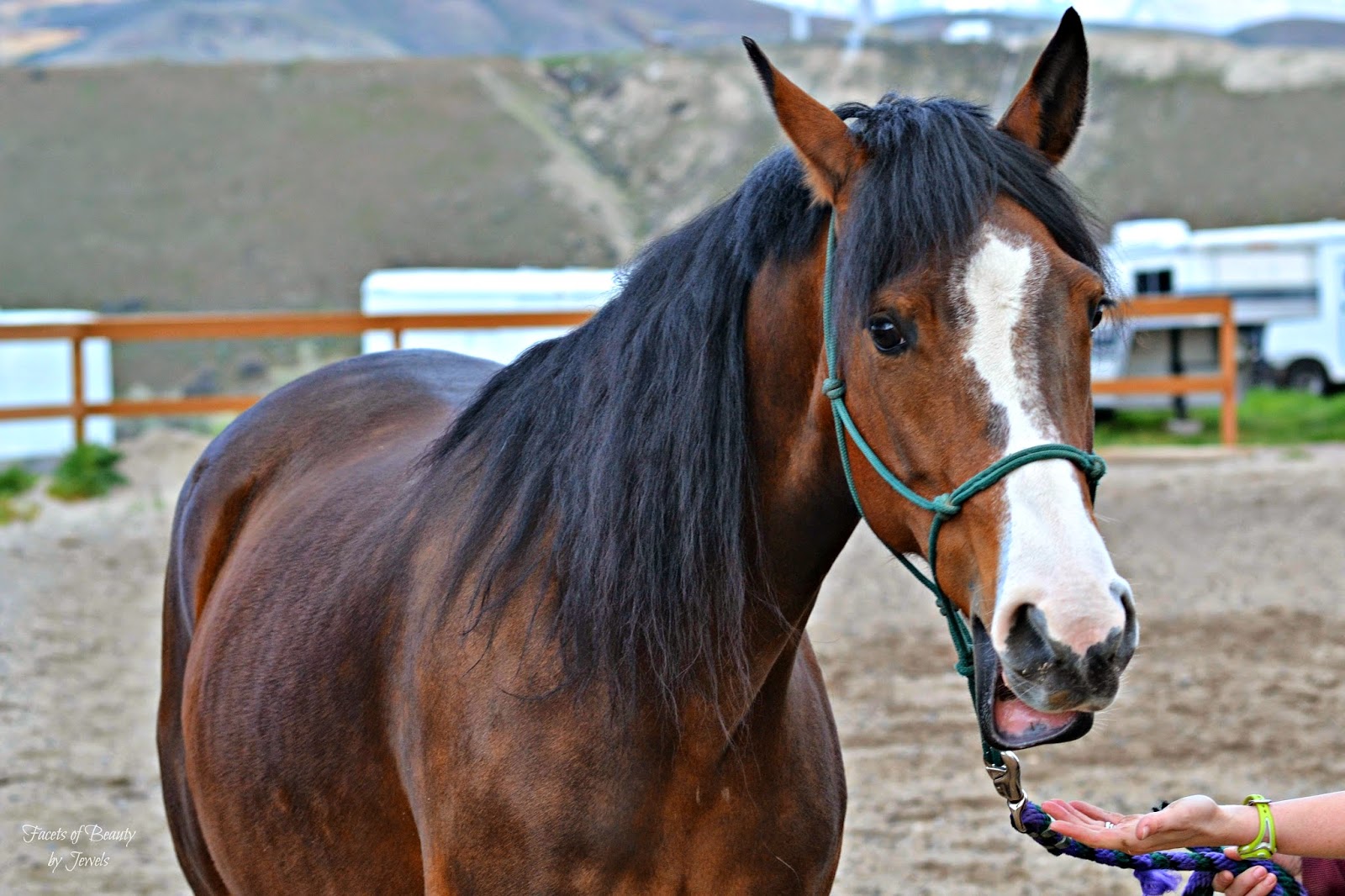And maybe this sounds kind of "woo-woo," but I think it is true that our bodies hold onto emotions. Think of how many physical ailments can be linked to emotions. Headaches and stomachaches are easily seen as sometimes being the result of emotions. I have become very interested in Peter Levine's work with trauma, and he is probably the foremost person to convince me that our bodies hold suppressed emotion.
Now, back to the car accident. Humans get into a low speed car accident, and then get out, get their insurance, call the cops, call loved ones, etc., and the emotion they might be feeling gets blocked by this flurry of acting. His argument is that if we were to stand on the side of the road, and allow our bodies to release the emotion, we would be less likely to have the effects of trauma. I am confident this is dramatically oversimplifying his stance, but this is the basics. He has written a number of books on trauma, any of which would provide more in-depth information on this concept.
So, now, back to the clients with eating disorders. Not everyone with an eating disorder has a clearly definable trauma history; that is not my stance. But, eating disorders do serve to block emotion. Rather than feel about something, you focus on food in some way or another. That effectively blocks the emotion inside your body. Often emotions are numbed completely and clients will report really not feeling anything anymore. But it's still there. The extent of blocking varies from person to person, but I'm arguing that, in order to achieve recovery, and general psychological health, the emotion(s) must be released. There are many avenues for achieving this, sometimes even including simple talk therapy. But, if the emotions are NOT being released through talk therapy, it might be time to look for something to add to you therapy work. Dance therapy, yoga, art therapy, physical movement, and equine psychotherapy are all possibilities; and I'm sure there are many more I've not listed. But the bottom line is this: Release the emotion from your body. Trust it will not consume you. And, in fact, understand it is consuming you more when you block it than when you release it.







